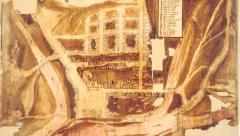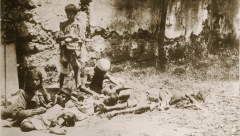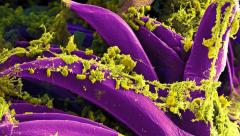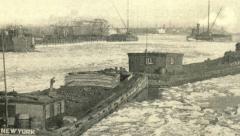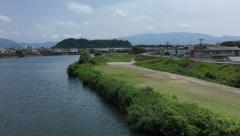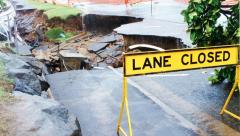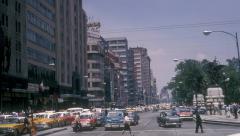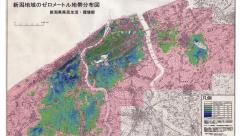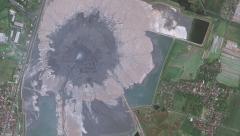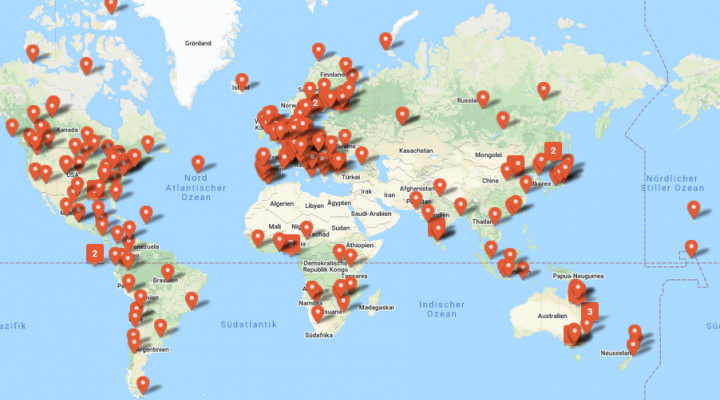About this collection
“Land,” “water”, and “air” have been used as central environmental categories to define disasters. These environmental phenomena, as for example the 1755 Lisbon Earthquake, the 1931 Central China floods, the Indonesian forest fires of 1997, and the 2004 Indian Ocean earthquake and tsunami, however, have been described in different ways by a diverse cast of actors. The co-existence of different ways of discussing these events and their aftermath have crucially affected how disasters have been legitimized, for instance, in the determination of causes or in making decisions about recovery. This has been expressed in these cases in a multiplicity of terms and names and in debates about the boundaries of destruction and trauma. The “terms of disaster” are, thus, clearly multi-authored and undergo constant negotiation. The examination of how different actors decide what matters in their understanding of a disaster and how they work around parameters of disaster defined by others needs to be informed by a historical perspective.
In this collection, we want to gather contributions that look at the mutating understandings of disasters, at the social and environmental elements that concur to define them, and at varying forms of knowledge and the underlying power relations. We invite thus contributors to consider the whole process that leads to the mediation of the apparent terms of a disaster. The “terms of disaster” refers to the setting and re-setting of the conditions and context of disaster due to human language and word choices. In particular, we look for examples of under-studied environmental disasters and under-examined standpoints, with the outlook that a case study approach will build an inclusive understanding of what legitimates an event as a disaster in science, politics, and public opinion.
Articles selected as part of the Arcadia + Teach311.org collection will be indexed exactly as all Arcadia articles and co-published on both Arcadia and Teach311.org sites, with key passages of the article translated into a non-European language.
Teach311.org is an online project of the Forum for the History of Science in Asia, and the Society for the History of Technology Asia Network. This international network of academics representing various disciplines was created shortly after the 2011 earthquake, tsunami, and nuclear power plant disasters in northeastern Japan with the aim of facilitating access to knowledge produced in the humanities and social sciences about disasters. The hope is to sustain reflexive inquiry into the process of studying the production of knowledge about disasters in different contexts. In doing so, to address linguistically uneven access to scholarly knowledge, it encourages the reading, writing and translating of material in Japanese, Chinese, Korean, Arabic, Bahasa Indonesia, and English.
This collection is curated by Lisa Onaga at the Max Planck Institute for the History of Science.



